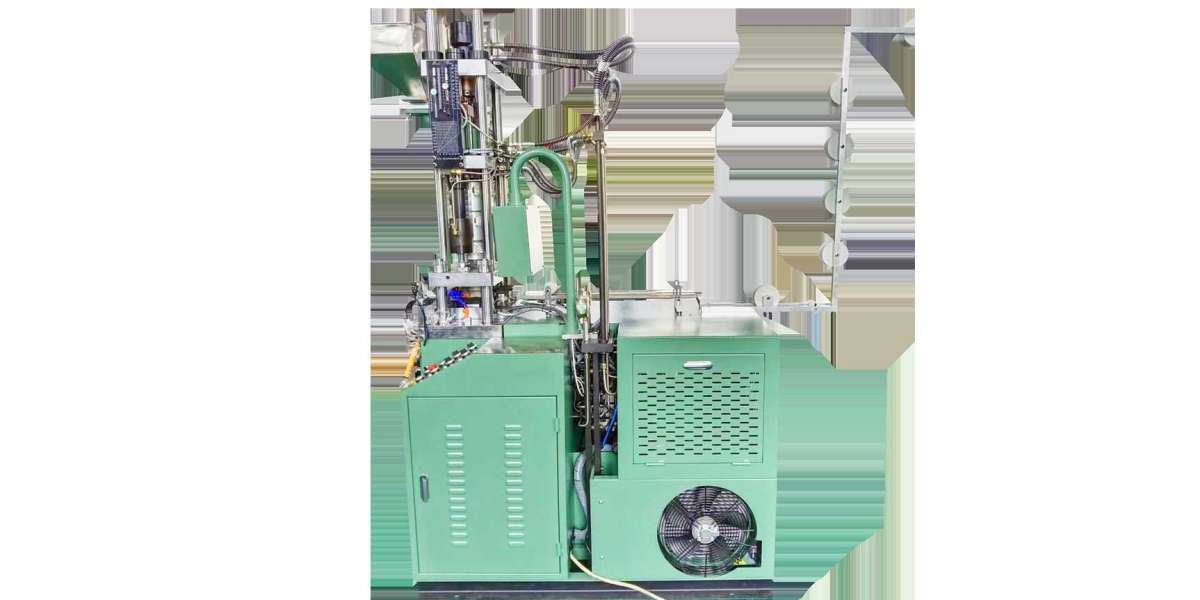Attention Deficit Hyperactivity Disorder (ADHD) is a complex neurodevelopmental disorder that affects millions of individuals worldwide. Understanding the latest advances in ADHD treatment is crucial for those seeking effective management strategies. This article provides a comprehensive overview of the current treatment landscape, including medication, behavioral therapies, and lifestyle modifications.

Current Medication Options for ADHD Treatment
Medications remain a cornerstone in the management of ADHD. Stimulant medications, such as methylphenidate and amphetamine, are often the first line of treatment. These medications work by increasing the levels of certain neurotransmitters in the brain, which helps improve focus and reduce impulsivity. However, are these medications suitable for everyone?
- Stimulants: Most commonly prescribed, they are effective for many patients.
- Non-stimulants: Options like atomoxetine and guanfacine are available for those who may not respond well to stimulants.
- Individualized Treatment: Each patient's response to medication can vary, necessitating a tailored approach.
For a deeper understanding of whether there is a one-size-fits-all solution in ADHD medication, consider reading more about it here.
Behavioral Therapies: A Complementary Approach
In addition to medication, behavioral therapies play a significant role in ADHD treatment. These therapies focus on modifying specific behaviors and developing coping strategies. What types of behavioral therapies are most effective?
- Cognitive Behavioral Therapy (CBT): Helps individuals identify and change negative thought patterns.
- Parent Training: Equips parents with strategies to manage their child's behavior effectively.
- Social Skills Training: Aids in improving interpersonal skills and relationships.
Combining medication with behavioral therapies can lead to improved outcomes for many individuals with ADHD.
Lifestyle Modifications for Effective ADHD Management
Beyond medication and therapy, lifestyle changes can significantly impact the effectiveness of ADHD treatment. What lifestyle modifications should be considered?
- Regular Exercise: Physical activity can enhance focus and reduce symptoms.
- Healthy Diet: A balanced diet rich in omega-3 fatty acids may support brain health.
- Sleep Hygiene: Ensuring adequate sleep is essential for managing ADHD symptoms.
Implementing these lifestyle changes can provide additional support in managing ADHD symptoms effectively.
Conclusion: A Holistic Approach to ADHD Treatment
In conclusion, the landscape of ADHD treatment is continually evolving. By understanding the various options available, including medications, behavioral therapies, and lifestyle modifications, individuals and families can make informed decisions about their treatment plans. It is essential to consult healthcare professionals to tailor a comprehensive approach that meets individual needs.








